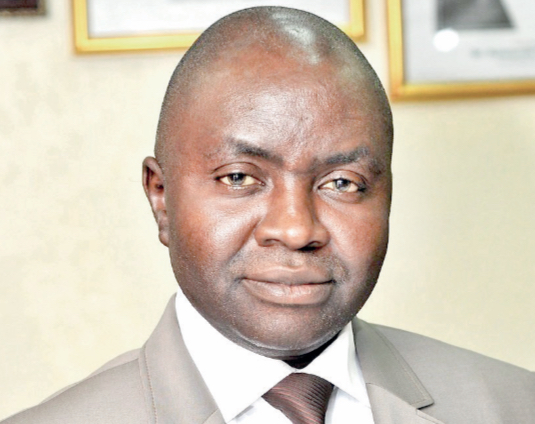BUSINESS
Inflation: LCCI wants supply-side constraints tackled

Tackling the country’s inflation rate requires fixing supply-side challenges particularly, the fiscal deficit monetization by the Central Bank of Nigeria (CBN), says the Lagos Chamber of Commerce and Industry (LCCI).
Dr Muda Yusuf, Director-General, LCCI, stated this in an interview with our reporter on Tuesday in Lagos in reaction to the May Inflation reports by the National Bureau of Statistics (NBS).
According to the NBS, inflation in May dropped to 17.93 per cent, signaling an improvement from the 18.12 per cent recorded in April and translating to 0.19 per cent decline.
The NBS said composite food index rose by 22.28 per cent in May compared to 22.72 per cent in April, indicating a 0.44 per cent decrease.
The Bureau, however, said there were increases in the prices of bread, cereals, milk, cheese, eggs, fish, soft drinks, coffee, tea and cocoa, fruits, meat, oils/fats and vegetables.
Yusuf said the CBN’s financing of deficit, which had grown rapidly in recent years, was highly inflationary because of the profound effect on money supply growth.
He said that the drivers of inflation had remained largely the same and were mainly supply-side issues.
Yusuf noted that some of these included the security situation, cost of transportation and logistics, energy costs, exchange rate depreciation, illiquidity in the forex market, climate change, among other variables.
“Monetisation of fiscal deficit has lately become an added factor.
“From month on month perspective, inflation accelerated across all parameters and this underscores the fact that inflation remains a major challenge to investors and citizens.
“Inflation is perhaps the biggest poverty accelerator because of the weakening of purchasing power.
“It weakens real income, erodes purchasing power, puts pressure on operating costs, aggravates production costs, reduces sales and negatively impacts profit margins across sectors.
“Tackling inflation would require fixing these supply-side challenges reining in on fiscal deficit monetization,” he said.




 Davido's Net Worth & Lifestyle
Davido's Net Worth & Lifestyle 
